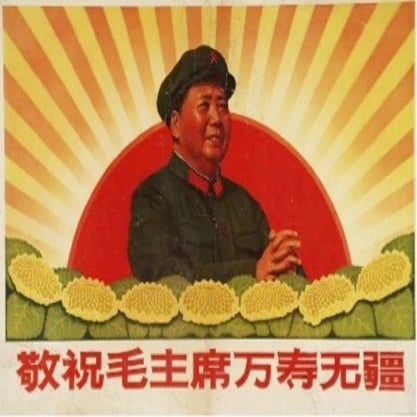Article
Indian National Congress By Poore, Benjamin
Article
The Indian National Congress is one of the largest and oldest democratic political organizations in the world, and one of two major parties in Indian political life. In 1885 the Congress was founded by middle-class intellectuals and professionals, including journalists, civil servants, lawyers, and teachers. The most notable early members of the organization included Lala Lajpat Rai, Allan Octavian Hume, Surendranath Banerjea, Dadabhai Naoroji, Sarojini Naidu, and Annie Besant.
The period of the Congress’ foundation occurred within what is known as the Moderate Phase of emergent Indian nationalism. Secular and liberal in character, this political period was highly critical of racism and discrimination in professional life, and the economic disempowerment of Indians by the imperial project. The national organization of the Congress hinged on not only the national network of railways—especially vital for campaigning in later years—but also contact between the intelligentsia and commercial communities.

